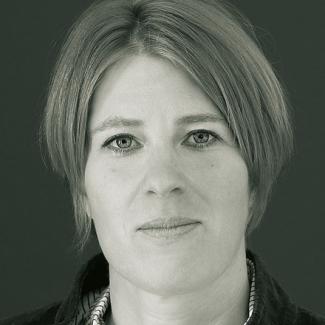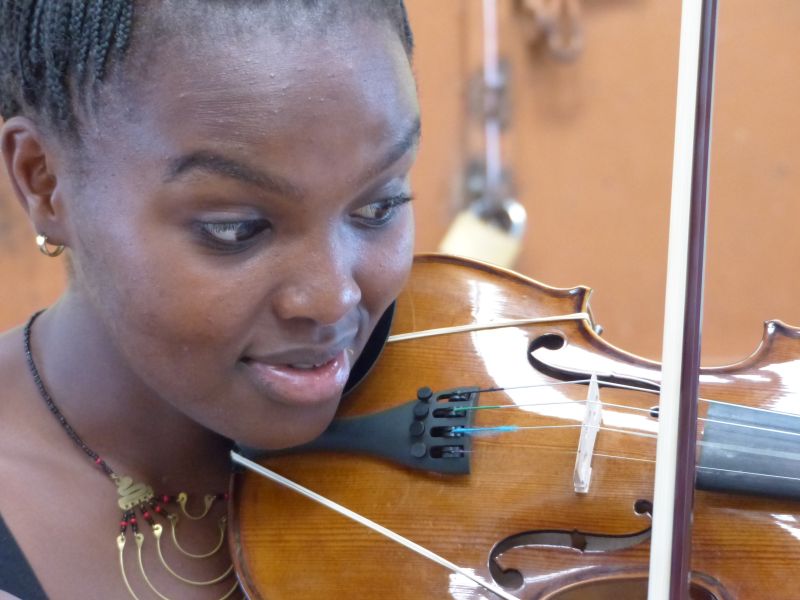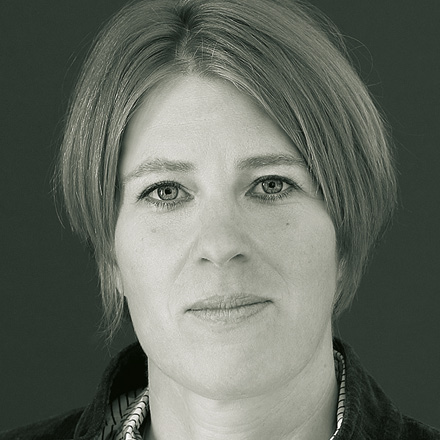Slum youth
Music for a better future

Tin and wooden huts line the narrow, dusty lanes of Korogocho. A huge garbage dump close by provides a livelihood to many of the inhabitants. Whatever looks at least somewhat useful is traded and applied.
St. Peter's Church is right next to the soccer field and the area’s only primary school. Violins, clarinets and saxophones can be heared over the din of children’s voices, athletes’ shouts and buzzing motorbikes. The young musicians from Ghetto Classics are beginning to practice.
Under the church’s roof of corrugated iron, children and teenagers meet every Sunday and play music together. Ghetto Classics is the only opportunity they have to learn how to play a classical instrument. Many of them consider music more than a mere hobby. “I love music so much. Sometimes, life here gets really tough, and music helps me to forget about that," says Emily Onyango, who is 15 years old and plays the violin. “This project is my only chance to escape poverty,” she adds. “I cannot afford to go to school. But if I perform well here, I can join a bigger orchestra and earn money.” She is also interested in becoming a journalist or joining the film industry. In any case, she is prepared to work hard to achieve her goals.
Ghetto Classics is run by the Art of Music Foundation, a non-governmental organisation (see interview). The idea is to provide the slum youth with other opportunities beyond the rampant crime they are familiar with. Of course, only a small share of the members will become professional musicians. However, the experience of learning something they are proud of and having their skills appreciated has had a positive impact on many lives. Musicians play at wedding parties and other events, contributing to their neighbourhood’s cultural life.
Volunteers teach the youngsters to play. Most of them are students and come from Nairobi’s better-off areas. They spend hours navigating Nairobi jams in order to teach in Korogocho on Sundays.
Etta Adete is one of them. She studies architecture and learned to play the violin at school. All week long, she looks forward to her Sunday in Korogocho. “I love to practice with the kids. It means so much to me. I am from a wealthy family, and I am going to university. I come here to give something back,” she says. „And it is a lot of fun to work with the kids here. They are so ambitious, so curious and so enthusiastic.”
It does not bother her that discipline could be stronger. All persons involved know that many of the orchestra members are pretty much left to themselves. Sometimes, they miss practice because they have to help out in the family, or it has rained, and the roads are too muddy for coming. What matters to the teachers, is that they are offering youngsters the opportunity to experience something that would otherwise not happen in Korogocho.
Isabella Bauer










